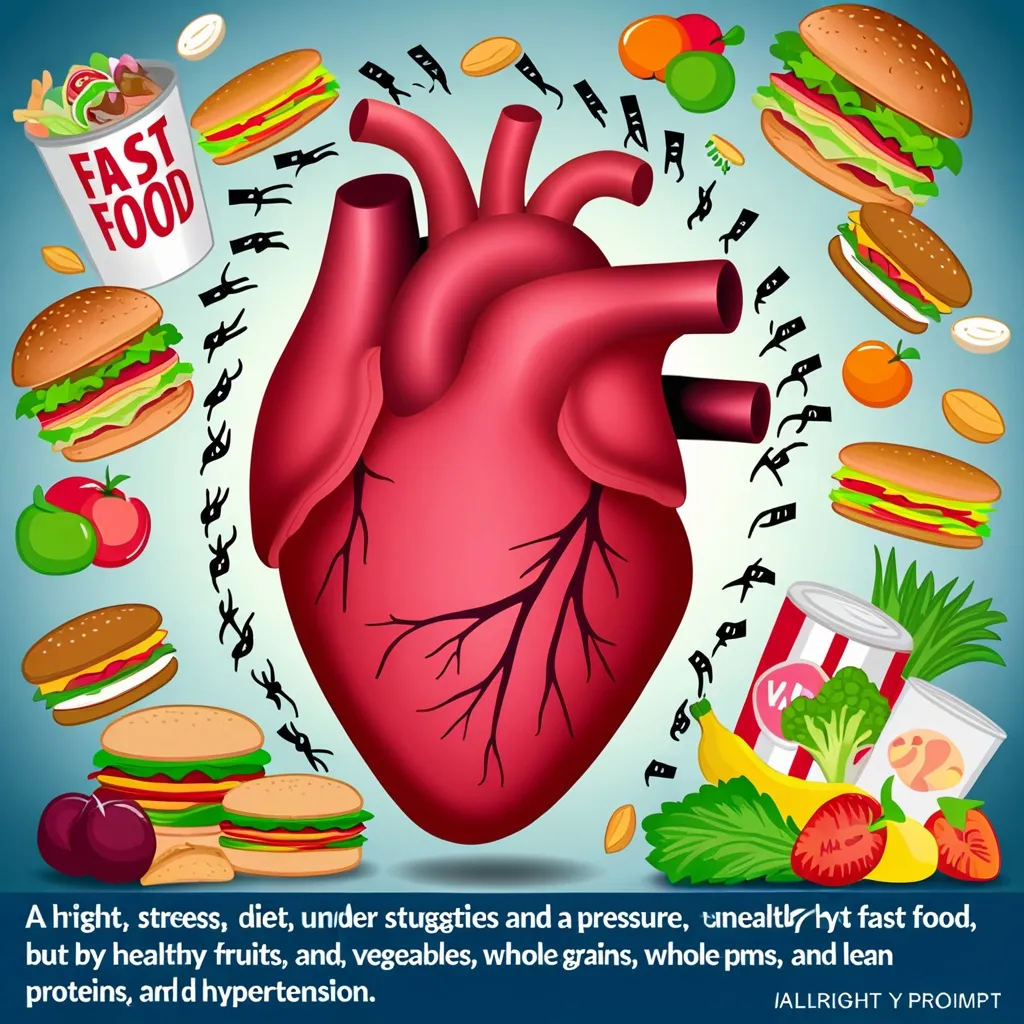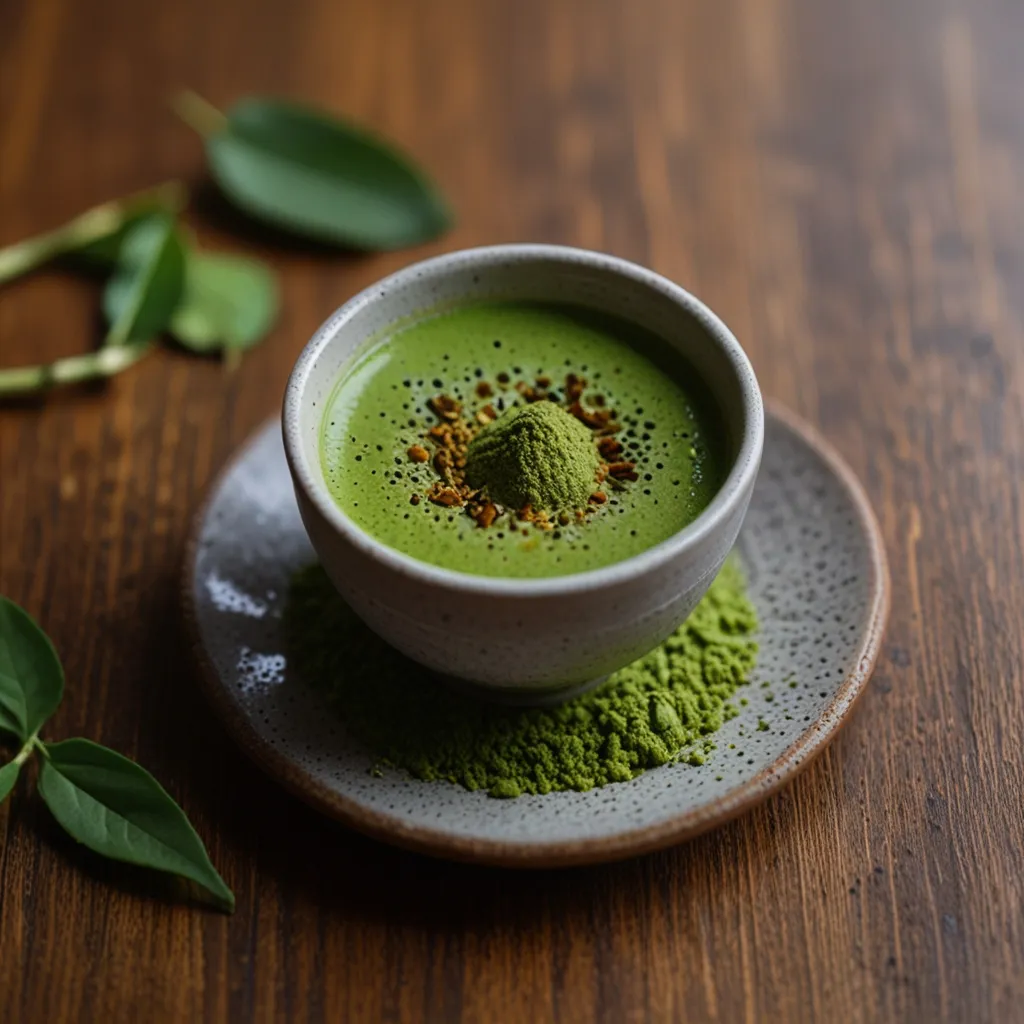Eating Less to Live Longer: The Fascinating Science of Caloric Restriction
Ever wondered if there’s a secret to living longer? Well, scientists might have stumbled upon something pretty interesting. It’s called caloric restriction, and it’s been making waves in the world of health and longevity. But don’t worry, we’re not talking about starving yourself here. Let’s dive into this fascinating topic and see what all the fuss is about.
So, what exactly is caloric restriction? Simply put, it’s about eating fewer calories while still getting all the nutrients your body needs. It’s like giving your body just enough fuel to run efficiently, without overloading it. Think of it as a carefully balanced diet, not a crash diet or starvation.
The idea of eating less to live longer isn’t new. Back in the 1930s, a scientist named Clive McCay found that rats on a low-calorie diet lived way longer than their well-fed buddies. This discovery kicked off decades of research, and scientists have been poking and prodding at this idea ever since.
They’ve tested it on all sorts of creatures - from tiny yeast cells to mice, rats, and even monkeys. And guess what? In most cases, cutting calories led to longer lives. We’re talking about significant increases in lifespan here, not just a few extra days. In some studies, animals on calorie-restricted diets lived up to 30% longer than their normal-eating counterparts. That’s like adding an extra 20 years to a human life!
But how does it work? Well, it’s pretty complex, but here’s the gist of it. When we eat less, our bodies produce fewer free radicals. These are nasty little molecules that can damage our DNA and contribute to aging. Caloric restriction also seems to improve how our bodies handle insulin and sugar, which is great news for preventing diseases like diabetes.
Now, all this animal research is fascinating, but what about humans? After all, we’re not lab rats or monkeys. Well, scientists have started looking into that too. One big study called CALERIE (fancy name, right?) found that people who cut their calories by 25% for two years showed signs of slower aging. Their bodies seemed to be aging about 10-15% slower than normal. That’s like turning back the clock on aging!
But here’s the kicker - it’s not just about how much you eat, but also when you eat. Some recent research suggests that timing your meals to match your body’s natural rhythms could boost the benefits of caloric restriction even more. It’s like your body has its own internal clock, and eating at the right times can help keep everything running smoothly.
Now, before you go clearing out your fridge, remember that caloric restriction isn’t about starving yourself. It’s about eating smart. You still need to get all your vitamins, minerals, and other nutrients. It’s more about quality than quantity. Think lots of fruits, veggies, lean proteins, and whole grains, but in smaller portions.
And it’s not just about physical health either. People who try caloric restriction often report feeling better mentally too. They say they have more energy, better mood, and even sharper thinking. It’s like giving your brain a tune-up along with your body.
But let’s be real for a moment. Cutting calories isn’t easy. Our society is all about big portions and constant snacking. Going against that grain takes some serious willpower. Plus, if you’re not careful, you could end up missing out on important nutrients. That’s why it’s super important to talk to a doctor or a nutritionist before making any big changes to your diet.
If you’re thinking about giving caloric restriction a try, here are a few tips to get you started:
Start slow. Don’t try to cut your calories in half overnight. That’s a recipe for disaster (and probably a late-night fridge raid). Instead, try reducing your portions a little at a time. Maybe start by using a smaller plate at dinner.
Focus on nutrient-dense foods. If you’re eating less, you need to make sure every bite counts. Load up on veggies, fruits, lean proteins, and whole grains. These foods give you the most nutritional bang for your buck.
Pay attention to when you eat. Try to eat your meals during the active part of your day and avoid late-night snacking. Your body might thank you for it.
Stay hydrated. Sometimes we think we’re hungry when we’re actually just thirsty. Drink plenty of water throughout the day.
Listen to your body. If you’re feeling weak, dizzy, or just generally awful, that’s a sign you might be taking things too far. Remember, the goal is to feel better, not worse.
Now, you might be wondering if all this calorie counting and meal timing is worth it. Well, that’s a personal decision. But consider this - caloric restriction isn’t just about adding years to your life. It’s about adding life to your years. Imagine hitting your 70s or 80s and still feeling energetic, sharp, and healthy. That’s what this approach is aiming for.
Of course, caloric restriction isn’t the only path to a long and healthy life. Regular exercise, good sleep habits, stress management, and strong social connections all play a role too. Caloric restriction is just one tool in the toolbox of healthy living.
And let’s not forget - food is one of life’s great pleasures. The goal of caloric restriction isn’t to take away that joy, but to help you find a balance that keeps you healthy and happy for the long haul.
In the end, the science of caloric restriction is still evolving. We’re learning new things all the time about how our bodies work and how we can influence our own aging process. It’s an exciting field of research, and who knows what we might discover in the coming years?
So, while we might not have found the fountain of youth just yet, caloric restriction offers an intriguing possibility. It’s a reminder that sometimes, less really can be more. By being mindful of what and when we eat, we might just be able to unlock some of the secrets to a longer, healthier life.
Remember, though, that everyone’s body is different. What works for one person might not work for another. The key is to find an approach that feels sustainable and enjoyable for you. After all, the goal isn’t just to live longer - it’s to live better.
So, next time you sit down for a meal, take a moment to think about what you’re putting on your plate. It might just be the start of a journey towards a healthier, longer life. And isn’t that something worth chewing on?






